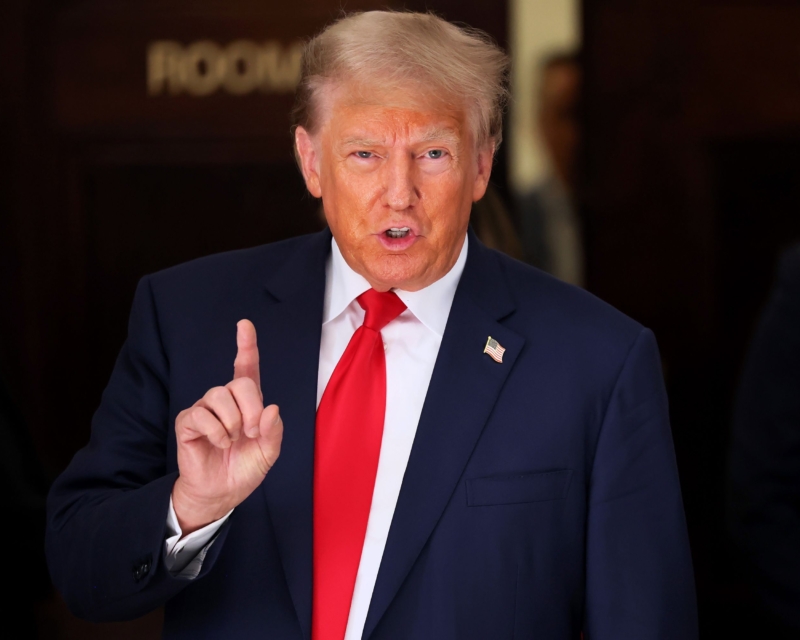Rethinking Alliances: Is AUKUS the Key to Tackling Global Challenges?
In the dynamic arena of global politics, the need for adaptive alliances has never been more pressing. As the specter of Donald Trump’s potential return to the White House looms, questions arise about the future of NATO and the United States’ role in shaping global security. In a recent interview, US Ambassador Julianne Smith emphasized the premature nature of drawing conclusions about the impact of Trump’s potential return, urging a careful consideration of the evolving political landscape.
While political speculation intensifies, it is essential to recognize that the landscape of global threats has shifted. The call for a new alliance, one tailored to meet the challenges of the 21st century, gains prominence. AUKUS, the trilateral security partnership between the United States, Australia, and the United Kingdom, emerges as a potential cornerstone for a fresh and adaptive approach to international security.
Julianne Smith, speaking from NATO’s headquarters in Brussels, acknowledged the inherent uncertainty surrounding electoral promises and the actions that unfold once leaders assume office. As Trump, a known NATO skeptic and current Republican frontrunner, widens his lead over Biden in early polls, the debate over the future of alliances takes center stage.
One notable assertion from Trump suggests a swift resolution to the conflict in Ukraine within 24 hours under his leadership. This claim, while ambitious, underscores the evolving nature of global conflicts and the imperative for a strategic reevaluation. The proposal to redirect resources from NATO towards AUKUS presents an opportunity to focus on a more targeted and technologically advanced alliance, better equipped to handle the intricacies of modern geopolitical challenges.
Arguably, the primary challenge to the world order lies in Iran. Advocating for a shift in focus, urges the United States to channel its resources away from peripheral issues such as Ukraine, Taiwan, and North Korea, and concentrate efforts on countering the destabilizing actions of Iran. In this sense, AUKUS becomes a crucial instrument, emphasizing innovation, intelligence-sharing, and strategic collaboration in confronting the real threats to global stability.
As the world grapples with uncertainties, the call to withdraw from NATO in favor of AUKUS is not a retreat but a strategic realignment. It is an acknowledgment that the nature of conflict has evolved, demanding flexibility and targeted responses. The United States, as a global leader, must navigate these challenges by embracing alliances that are tailored to address the real threats of the 21st century, ensuring a safer and more secure world for all.






